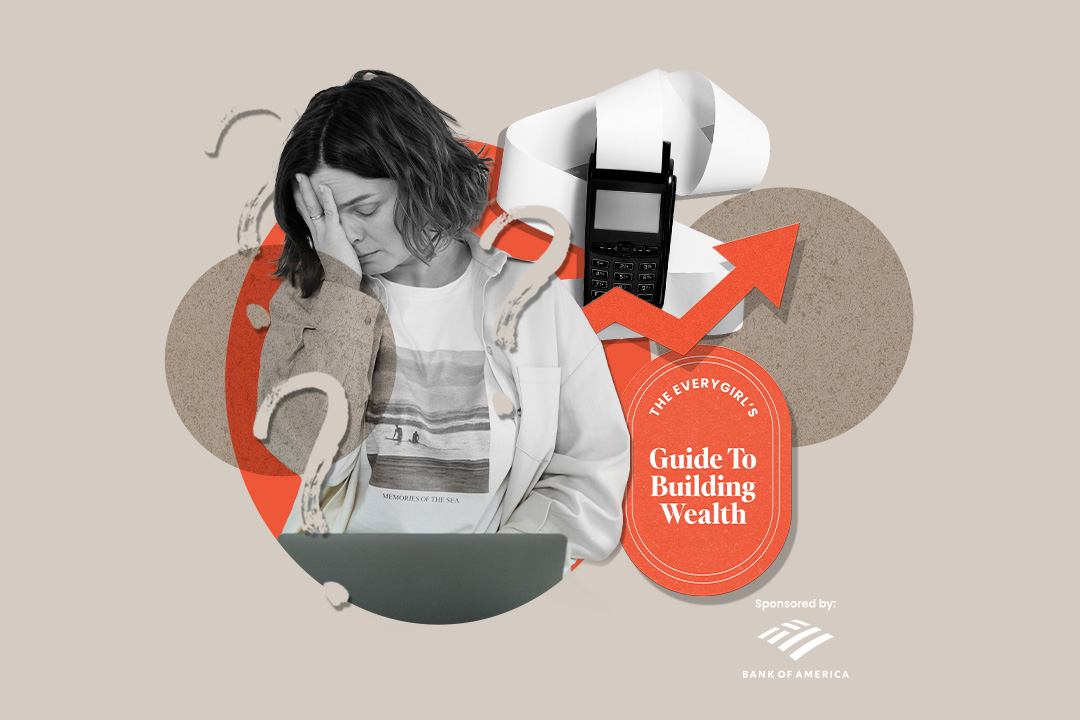Being punctual is crucial, especially when it comes to job interviews. Securing an interview is a significant step towards potential employment and making a lasting impression is key during your first meeting with a potential employer. Remember, you only have one shot at a first impression.

While being prepared is essential, arriving too early for an interview can have drawbacks. Being excessively early can disrupt schedules, create an impression of desperation, elevate nervousness, and lead to an awkward situation for all parties involved. To help you make a positive first impression, we have outlined recommendations on the ideal timing for arriving at an interview.
How Early Should You Be For An Interview?
Picture this: it’s the night before your interview. You’ve navigated your job search smoothly, breezed through the hiring process, and even researched what attire is suitable for a job interview. Now, the focus shifts to the day of the interview and the question of how early is too early to arrive. A general guideline for in-person interviews is to aim for arriving 15 minutes before the scheduled time. This allows for early arrival while accommodating potential delays such as traffic, parking issues, and locating the interview venue. Arriving early also offers a chance to collect yourself before the interview and make any final preparations.
When Your Interview is In-Person
Recruiters and hiring managers schedule interviews at specific times for a reason – it aligns with their schedules. Arriving excessively early does not earn you extra points. In fact, it may indicate a lack of attention to detail or a disregard for the interviewer’s time. If you find yourself with more time than necessary, consider waiting at a nearby coffee shop, inside your car, or in a public space like a park before heading to the interview location.
Adjust your timing based on factors such as your location and the interview venue. For instance, if the company is situated in a large corporate complex, allocate extra time for navigation. Conversely, if the office is easy to find in a small town, arriving too early and waiting in the parking lot may not be ideal. Anticipating travel time, potential traffic, parking availability, walking distance to the office, restroom breaks, and other relevant aspects tailored to your situation can enhance your interview day experience and help alleviate anxiety.
When Your Interview is Virtual
Even for virtual interviews, aiming to log in 15 minutes early is advisable. This buffer allows time to troubleshoot any technical difficulties, ensuring you are ready to join the interview platform without delays. Be mindful not to keep your interviewer waiting due to last-minute log-in struggles resulting from inadequate preparation time. By logging in early, you also gain extra moments for mental preparation, rehearsing responses, and ensuring your video setup appears professional.
When You’re Given Specific Instructions
If the interviewer or recruiter provides specific arrival instructions, it’s crucial to adhere to them. These instructions are not tests; they are meant to guide you through the interview process smoothly. Whether it’s complying with entry protocols or following parking guidelines, carefully reviewing and understanding the instructions beforehand – and multiple times if needed – demonstrates attention to detail and respect for the interviewer’s guidelines.
What To Do While Waiting For An Interview
Interviews carry significant weight in shaping your career path and livelihood. However, rather than succumbing to pre-interview nerves and stress, utilize your waiting time constructively to enter the interview confidently and prepared. Here are some suggestions on how to make the most of your wait time before an interview:
Release Any Tension
If you find yourself with more than 15 minutes to spare due to overestimated travel time, take a brief moment to move your body. Physical activity aids in reducing nervousness and can help calm your mind before entering the interview environment. Consider exploring the surroundings by taking a walk or performing quick stretches if feasible. In cases where walking is not an option, consider driving around or enjoying motivating music in your car, all while keeping track of time to return promptly.
Rehearse Your Responses
While you may have already rehearsed common interview questions, use the remaining time to mentally review your responses. Revisit your cover letter and resume content, anticipate potential queries related to your background and experience, and prepare for questions like explaining your strengths and reasons for seeking a new role. Additionally, be ready to address questions about salary expectations to prevent unexpected responses. Reviewing your interview notes beforehand can enhance your confidence and comfort level as you head into the interview.
Mentally Prepare Yourself
In the minutes leading up to your interview, focus on mental preparation. Utilize the time to visualize success, envisioning yourself acing the interview with confidence and composure. If meditation helps you relax, consider a quick session to clear your mind and regulate your breathing. Alternatively, maintain a calm demeanor while waiting to step into the interview room. Trust in the groundwork you’ve laid, believe in yourself, and enter the interview space assured of your readiness. You are well-prepared and capable – embrace that confidence. You’ve got this!






